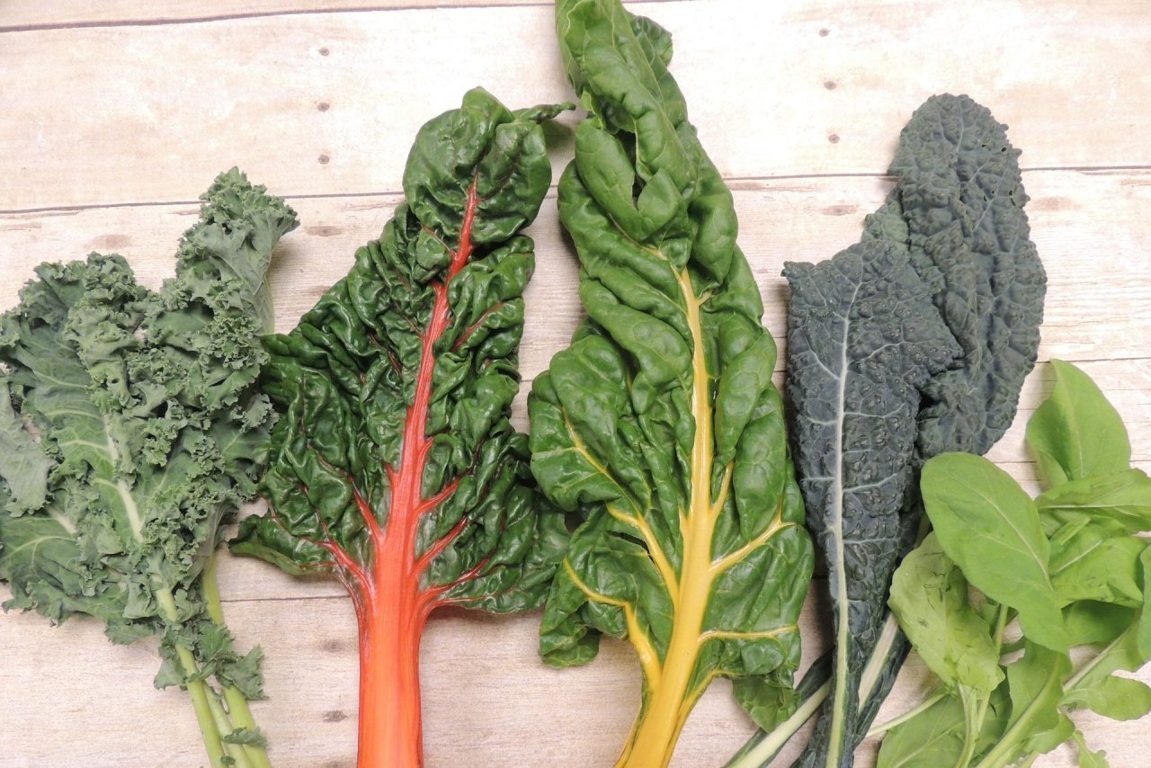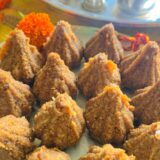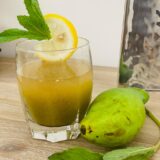
Normally, we’re too busy trying to overcome the pain from an injury to actually wonder how that punctured wound stopped bleeding on its own! The answer is Vitamin K – a wondrous nutrient that helps in blood clotting.
Vitamin K was earlier called the ‘Koagulationsvitamin’ hence the name Vitamin K. It is a fat-soluble vitamin and is fairly stable. It is not destroyed by normal cooking methods, nor lost in the water. It is, however, sensitive to alkaline cooking methods and sunlight.
Vitamin K is a group of vitamins that exhibit as Vitamin K1 series (phylloquinone) derived from plant sources and vitamin K2 series (menaquinones) derived from animal-based food sources or fermented foods. Miraculously, the microorganisms present in our gut can also synthesize it.
Know your Vitamin:
- Vitamin K plays an important role in blood clot formation and bone development hence prevents haemorrhage related disorders and osteoporosis.
- It also prevents blockage of arteries caused by calcium deposition thus protects the heart from cardiovascular diseases.
Vitamin K deficiencies are usually uncommon but may be caused by fat malabsorption or destruction of gut microbes caused by long-term antibiotic therapies or liver disease. Newborn premature infants, who may show signs of deficiency are administered Vitamin K to prevent bleeding.
Vitamin K Friendly Foods:
It is found in large amounts in dark leafy vegetables, especially Kale, mustard greens, swiss chard, brussel sprouts, broccoli, cabbage, turnip greens and dark lettuces.
Moderate sources of vitamin K are dairy products, meat and eggs, fruits and cereals.
So next time you are bored with your green veggies, remember they offer you one of the most important ‘forgotten vitamin’ that can save you from blood trickles.



